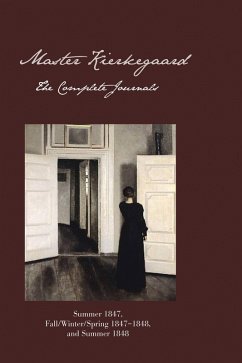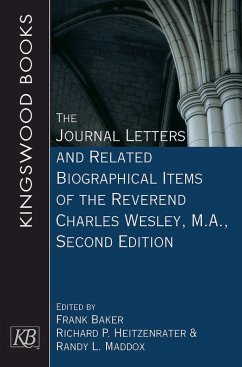In "Journal in France in 1845 and 1848 with Letters from Italy in 1847," T. W. Allies offers a meticulously crafted account of his travels through France and Italy during a tumultuous period in European history. His literary style merges the observational rigor of a traveler with the reflective depth of a personal diary. Allies delves into the sociopolitical climate of 19th-century France, providing readers with keen insights into the cultural and revolutionary sentiments shaping the era. The vivid descriptions of landscapes, people, and events are interspersed with personal musings, creating a rich tapestry that captures the zeitgeist of mid-century Europe. T. W. Allies, an English writer, historian, and theologian, drew upon his deep intellectual curiosity and keen observational skills to inform this work. His engagement with the Romantic ideals of individual experience and a response to societal changes shaped his perspective. Allies' scholarly background and firsthand experiences during periods of political upheaval lend authenticity to his narratives and resonate with contemporary themes of identity and nationalism. "Journal in France in 1845 and 1848 with Letters from Italy in 1847" is a compelling read for those interested in travel literature, history enthusiasts, and anyone seeking to understand the complexities of 19th-century Europe. Allies' evocative prose and insightful critiques illuminate the profound connections between personal experience and broader historical movements, making this volume an essential addition to any literary or historical collection.
Dieser Download kann aus rechtlichen Gründen nur mit Rechnungsadresse in A, B, BG, CY, CZ, D, DK, EW, E, FIN, F, GR, H, IRL, I, LT, L, LR, M, NL, PL, P, R, S, SLO, SK ausgeliefert werden.









